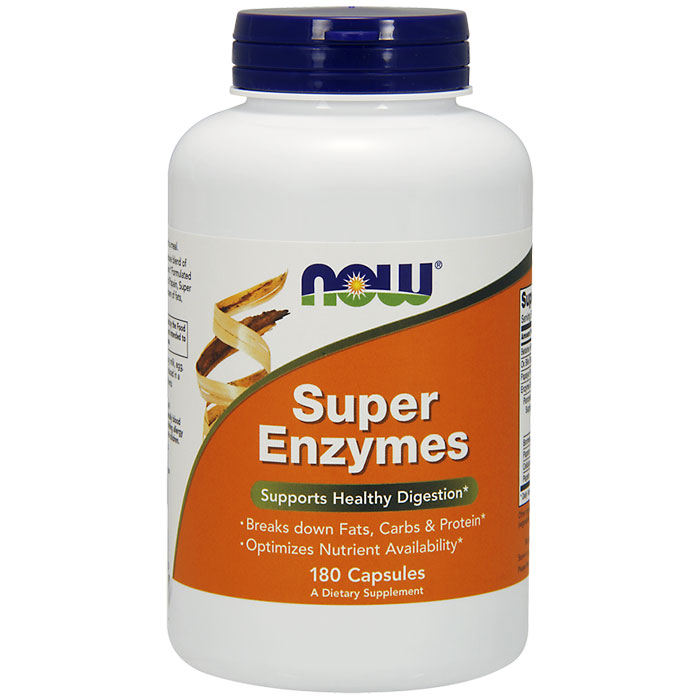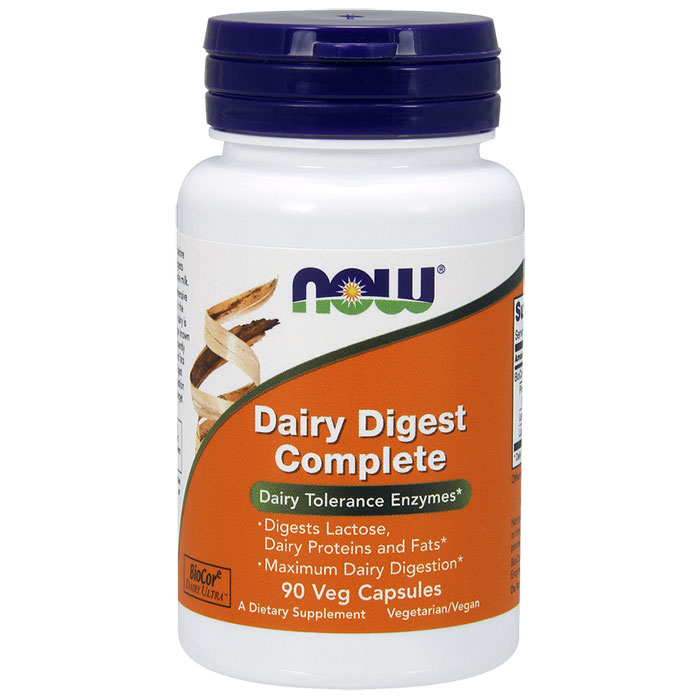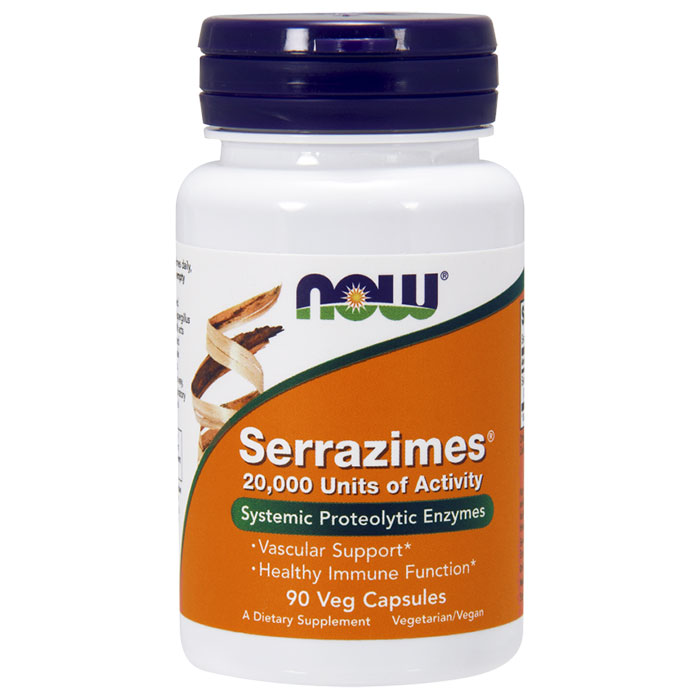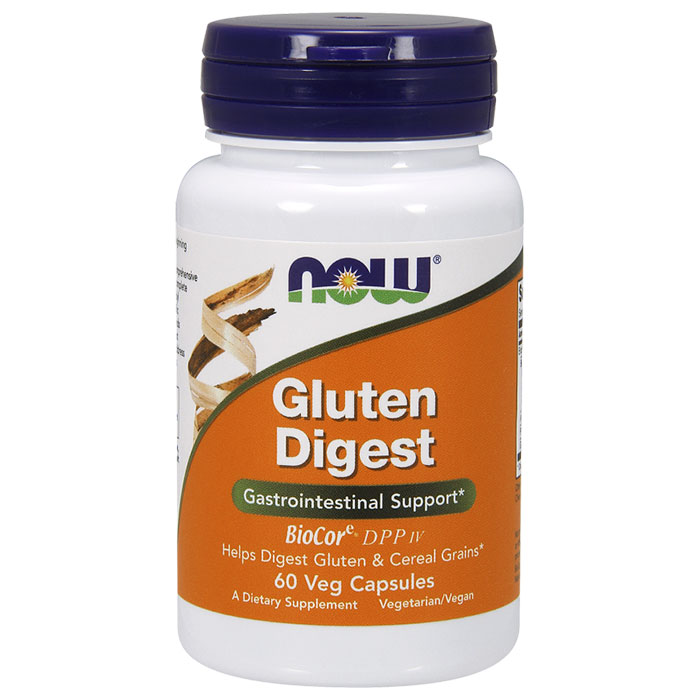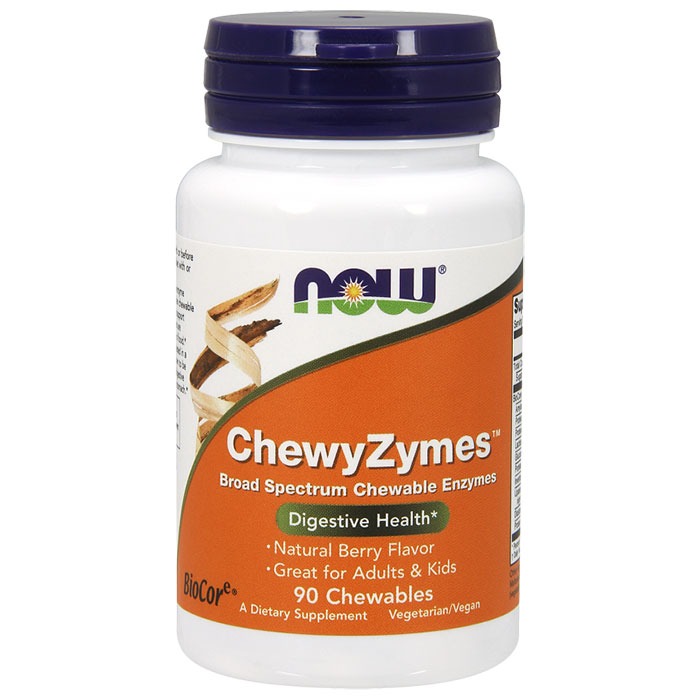Featured Items
Enzymes are specialized proteins that carry out billions of reactions each second throughout the body. As the body’s biochemical workforce, they function as messengers, supply the raw materials needed for growth and recovery, deliver vital nutrients, remove waste, communicate messages, and facilitate energy transfer. Without enzymes, chemical reactions that take split seconds would cease instantly, reducing the human body to an inoperable arrangement of cellular clutter.
Enzymes come from two sources: those made by the body, and those obtained from food. This ability to manufacture our own enzymes might lead some to believe that our supply is unlimited, however, that is not the case. Human beings have what is known as enzyme potential, and each person’s DNA is programmed to produce a specific amount of enzymes throughout their lifetime. Fortunately, they can also be obtained from food sources. Increasing the amount of enzymes obtained from food sources and dietary supplementation is a smart way to prevent the body’s self-manufactured reserve from becoming exhausted. The body produces specific enzymes to carry out specific actions, and each one is important in its own, unique way. Metabolic enzymes support the day-to-day biochemical reactions that allow the body to function properly. Food enzymes stimulate the digestive process, while digestive enzymes break down solid foods used to nourish the body. Proteolytic enzymes break down proteins into smaller units, including those that form during or after an injury. Let’s take a closer look at some of the most fundamental enzymatic functions.
Enzymes and Digestion
One of the most important functions of enzymes is digestion, where they assist in the breakdown of food and nutrient absorption. Raw foods are especially rich in digestive enzymes, and regular consumption can help support the digestive process. Some of the most enzyme-rich foods include avocados, bananas, carrots, dates, extra virgin olive oil kiwi, mangos, papaya, pineapple, raw honey, and sprouts. Individuals who regularly consume fast food and processed food should strongly consider taking an enzyme supplement to ensure that they are getting the amount they need every day.
Dairy Intolerance
It has been estimated that approximately 30 to 50 million Americans suffer from dairy intolerance. Until now, the vast majority of these individuals have been limited to enzyme formulas that address only one part of the problem—lactose. Lactose intolerance stems from a person’s inability to digest milk sugar, or lactose. This alone does not cause “dairy” intolerance. The high protein and fat content associated with many dairy products can also make digestion difficult. In order to properly digest these foods, the body must have an ample supply of the enzymes needed to break down lactose, protein, and fat. NOW® Foods Dairy Digest (opposite page) is an innovative enzyme formula that was designed to address this concern.
Proteolytic Enzymes
Proteolytic (protein digesting) enzymes are actively involved in many cardiovascular, immune system, and inflammatory processes. Once utilized, they scour the body in search of large, abandoned protein molecules. Along the way, they eliminate fibrin—insoluble proteins that collect near damaged tissues. Excess fibrin can interfere with normal clotting processes, cause inflammation, and compromise the normal function of other major systems throughout the body. Proteolytic enzymes play an important role in the process of recovery and healing, and are equally important for all around good health.
Gluten Sensitivity
As many as 20 million Americans reportedly have difficulty digesting gluten, a proline-containing peptide found in wheat, rye, barley, oats, and dairy. Even more concerning, an estimated 3 million gluten-sensitive individuals have been clinically diagnosed with chronic glutenrelated conditions. NOW Foods recently introduced Gluten Digest, an innovative enzyme supplement that helps break down certain grains and gluten. On your road to good health, it is important to make sure that you are getting the enzymes you need. This is especially true if your diet is less-than-perfect. NOW Foods offers a broad selection of enzyme supplements.
References
NOW Foods. (n.d.). Enzymes. Retrieved from http://www.nowfoods.com/idc/groups/public/documents/digital_asset/078572.pdf
